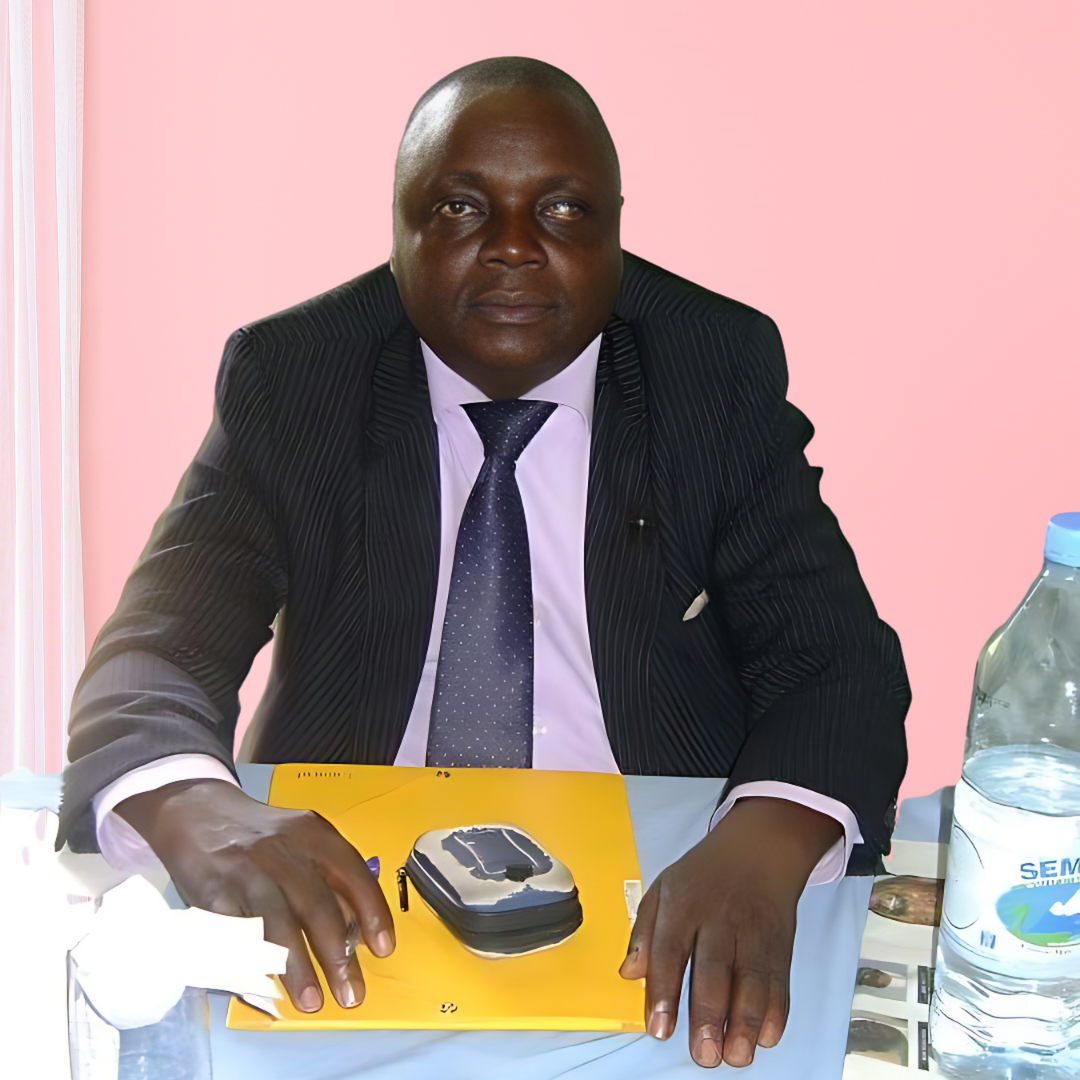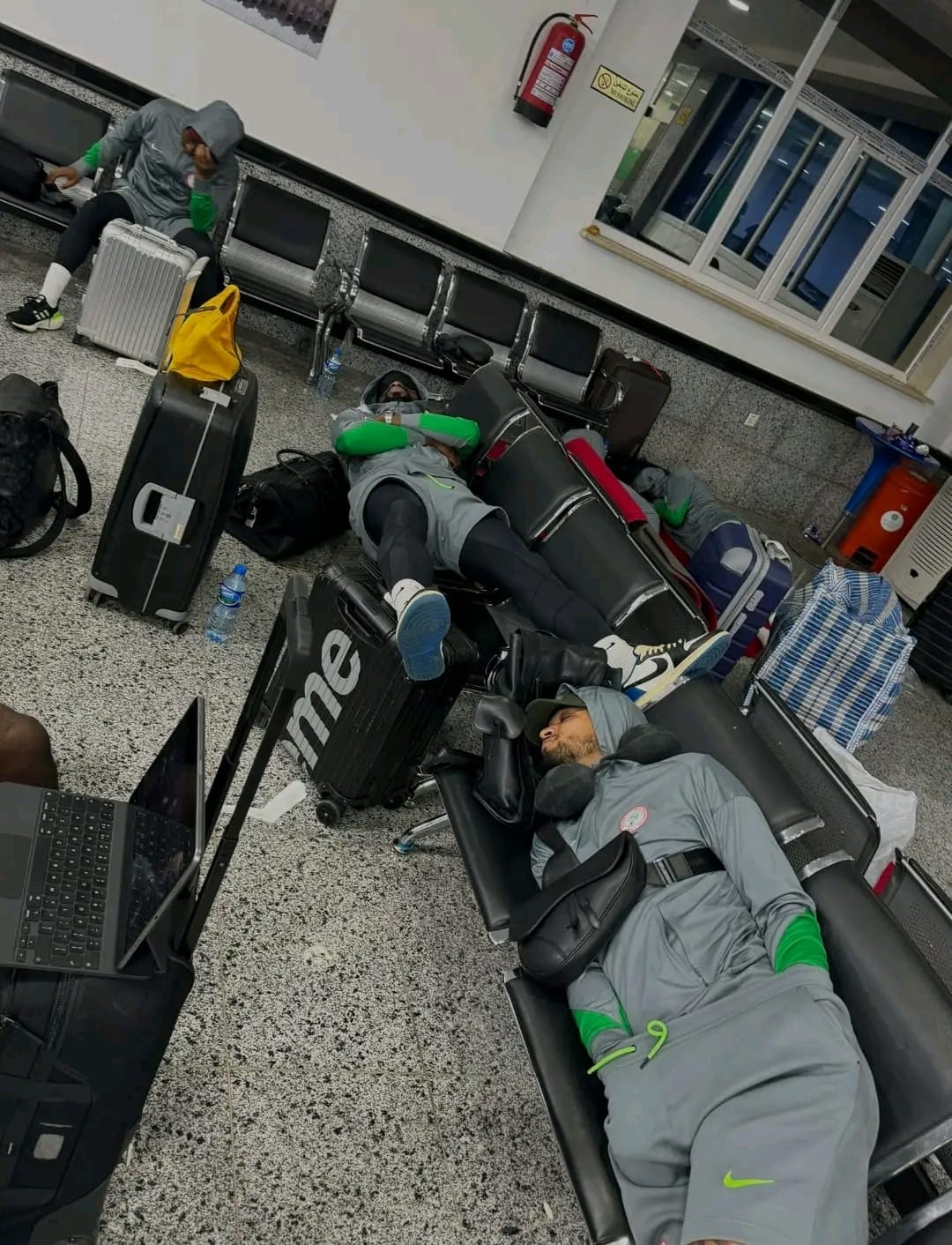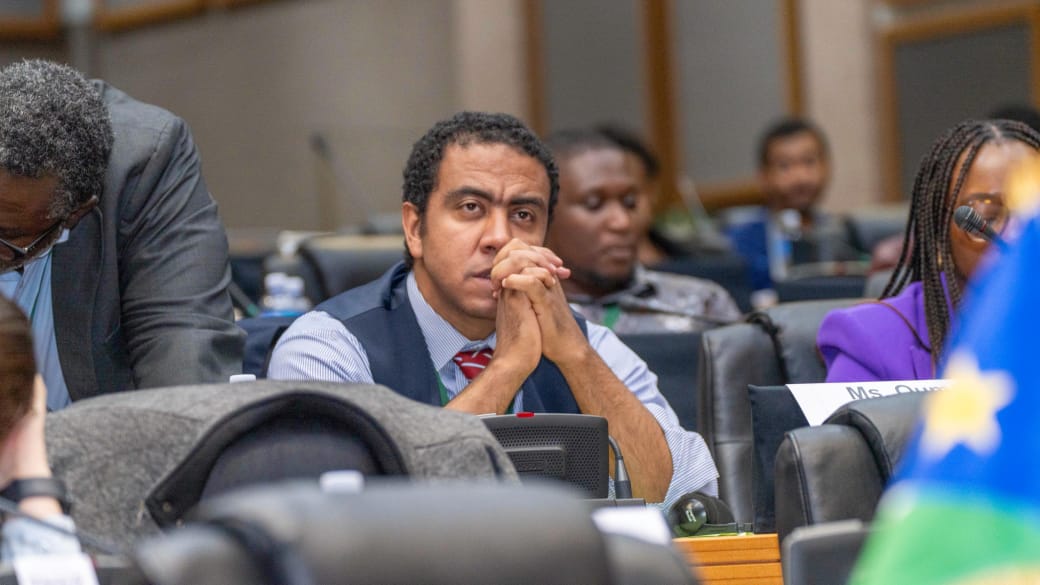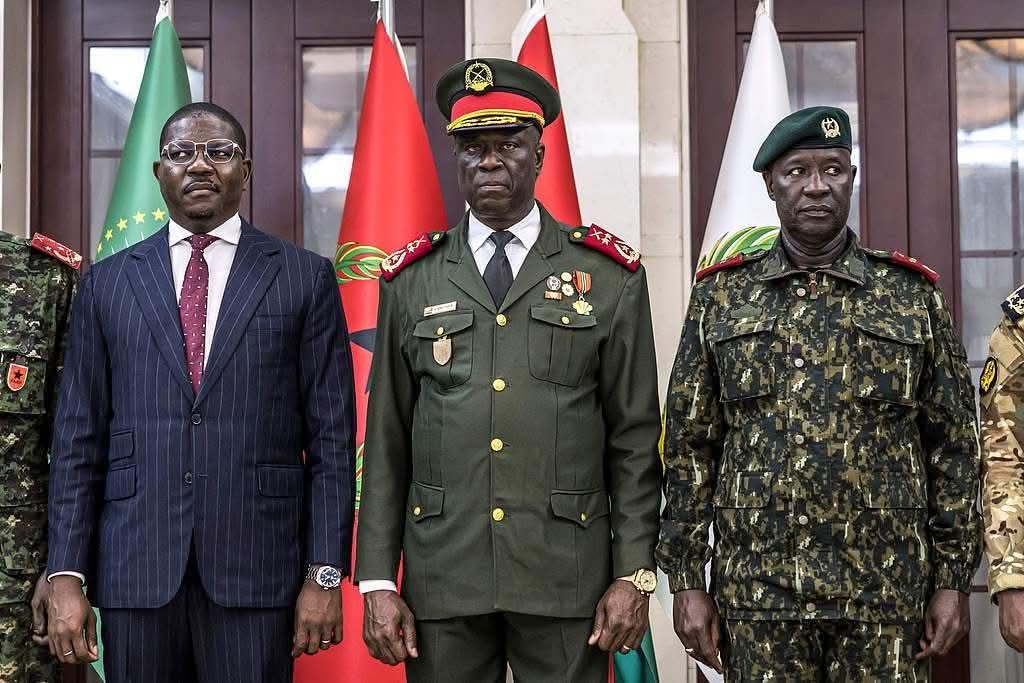The recent events surrounding the 2025 Africa Cup of Nations (AFCON) qualifier have taken a dramatic turn, with the Nigerian national football team refusing to participate in their scheduled match against Libya. This decision comes after the team experienced what has been described as “inhumane treatment” upon their arrival in Libya.
The Nigerian Football Federation (NFF) has reported that the team was left stranded at an abandoned airport for over 17 hours without access to food or water. The players, led by captain William Troost-Ekong, have taken a stand, deciding not to play the match under such conditions, and are prepared to accept any consequences, including the forfeiture of the match points.
This incident raises serious concerns about the welfare and treatment of international teams and the conditions under which they are expected to compete. The NFF has lodged a formal complaint with the Confederation of African Football (CAF), and there are calls for sanctions against Libya for the mistreatment of the Nigerian team.
The situation has sparked a debate on the safety and security protocols in place for international sporting events, especially in regions with volatile security situations. The decision by the Nigerian team to prioritize their safety and well-being over competing in a significant qualifier highlights the need for stringent measures to ensure that all teams are treated with respect and dignity.

The AFCON qualifiers are a prestigious event in African football, and such incidents can tarnish the spirit of the game and the unity it is meant to foster. It is crucial for governing bodies like CAF to investigate these matters thoroughly and implement policies that protect the rights and safety of all participating teams.
As the situation unfolds, the football community awaits the outcome of the investigation and the measures that will be taken to prevent such occurrences in the future. The Nigerian team’s stance may catalyze change in how international sports events are managed, with a greater emphasis on the humane treatment of players and staff.







